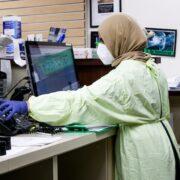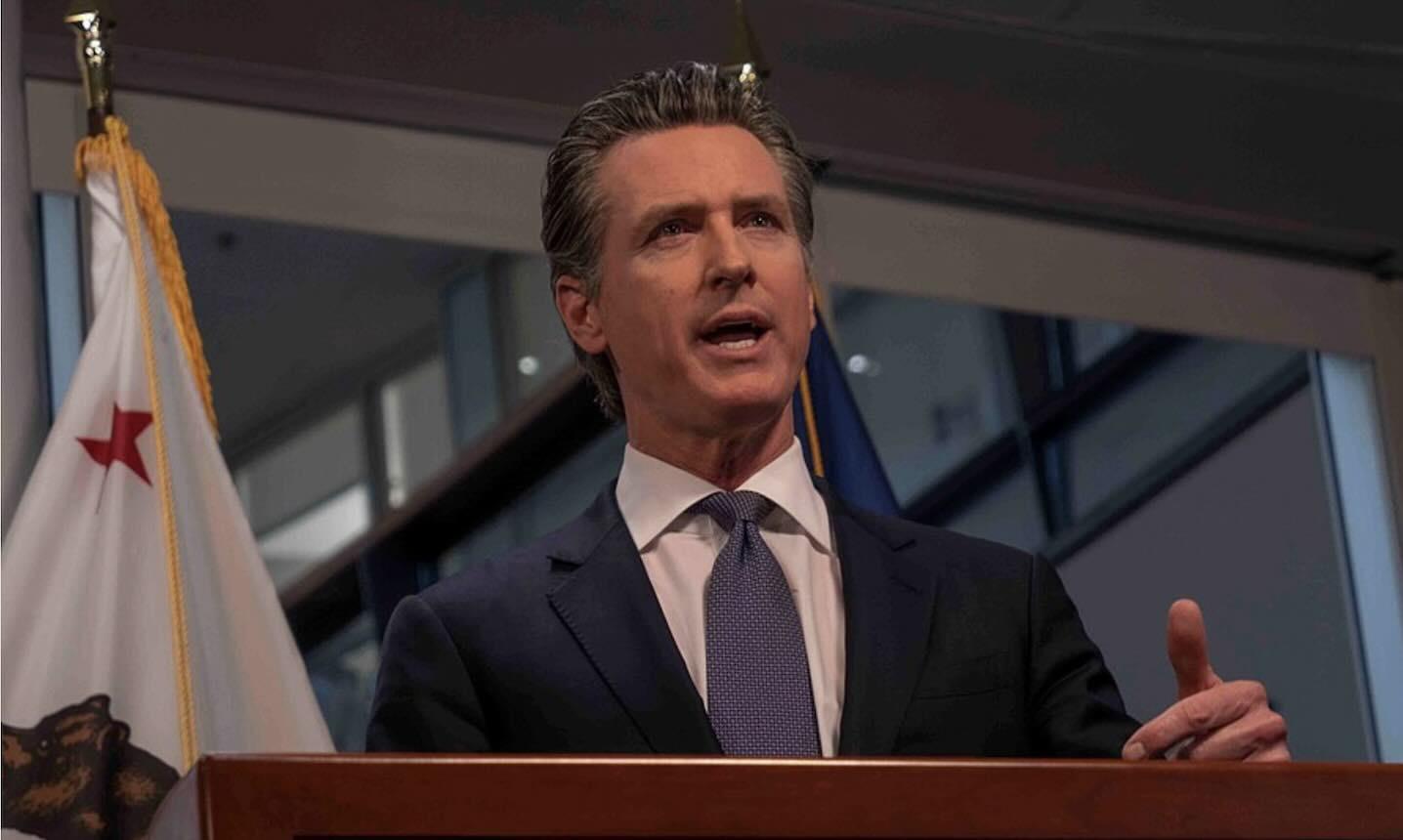WITH California’s state of emergency over, the Department of Public Health announced updates to several state public health officer orders.
The updates to the orders related to vaccination, masking, isolation, and quarantine will take effect in the coming days and weeks.
CDPH reminds Californians that critical tools to fight COVID-19 remain available to everyone at low or no cost. This includes access to COVID-19 vaccines, testing, and treatment.
“We stand before Californians today with a humble message of thanks for taking the hard steps to help manage COVID-19, and with an ongoing commitment to be prepared for what comes next,” said CDPH Director and State Public Health Officer Dr. Tomás Aragón. “Our communities did a lot of the hard work by getting vaccinated and boosted, staying home and testing when sick, requesting treatments when positive, and masking to slow the spread. With these critical actions, and a lot of patience and persistence, we have now reached a point where we can update some of the COVID-19 guidance to continue to balance prevention and adapting to living with COVID-19.”
CDPH is making the following changes to existing COVID-19 guidance.
Masking in high-risk and health care settings
Beginning April 3, masks will no longer be required in indoor high-risk and health care settings. This includes health care, long-term care, and correctional facilities as well as homeless, emergency, and warming and cooling centers. This change takes effect on Monday, April 3 to allow local health departments and individual health care facilities to develop and implement plans customized to their needs and local conditions to continue to protect Californians through the end of the winter virus season. CDPH’s recommendations for the use of face masks for individuals remain unchanged.
Vaccine requirements for health care workers
Beginning April 3, with federal rules continuing to ensure that most health care workers remain vaccinated for COVID-19, the state will no longer require vaccination for health care workers including those in adult care, direct care, correctional facilities, and detention centers. This change takes effect on Monday, April 3 to allow local health departments and facilities to develop and implement plans customized to their needs and local conditions to continue to protect Californians through the end of the winter virus season.
Reduced isolation time after positive COVID-19 test
Beginning March 13, a COVID-19 positive person may end isolation after five days if they feel well, have improving symptoms, and are fever-free for 24 hours, with less emphasis on testing negative. This change aligns with Centers for Disease Control and Prevention (CDC) recommendations and takes effect on Monday, March 13.
Disease control and prevention order
The state public health officer order formerly known as Beyond the Blueprint is being updated to align with CDPH’s isolation and quarantine recommendations above and includes an updated definition for a confirmed COVID-19 case. The updated order, which will take effect March 13, provides prevention and mitigation strategies for slowing the spread of COVID-19 in homes, workplaces, and communities.
Hospital surge order
On April 3, CDPH will rescind an order that required hospitals statewide to accept transfer patients from facilities with limited ICU capacity as needed. ICU capacity has not been limited during recent COVID-19 surges after the broad use of vaccines and treatments.
Vaccine data collection
Also being rescinded on April 3 is an order that required providers to ask patients for their email addresses and/or mobile phone numbers when receiving a COVID-19 vaccine. New legislation requires that California healthcare providers who administer vaccines to enter information about patients, including telephone numbers and race and ethnicity. (AJPress)






